Al Qaeda released a video of its fighters training at a makeshift camp in South Waziristan in 2013, long after the Pakistani military claimed the tribal agency was cleared of jihadists.
The video was produced and released by As Sahab, al Qaeda’s official media outlet. The Qari Imran Camp is named after al Qaeda in the Indian Subcontinent’s former commander for Afghanistan who also served as a member of AQIS’ central shura, or central advisory council. The US killed Imran in a drone strike in January 2015.
The Movement of the Taliban in Pakistan, which operates in Pakistan’s tribal areas and is closely allied with al Qaeda, later eulogized Imran. The Pakistani Taliban spokesman who praised Imran described him as being “among the greatest militant teachers,” and noted that he and “thousands” of other jihadists trained under him. [See LWJ reports: US killed AQIS deputy emir, shura member in January drone strikes, and Pakistani Taliban praises slain al Qaeda leaders.]
The AQIS video, which is part of the “Jihadi Memories” series, opens with a group of 13 fighters marching on an established dirt road situated in the mountains into the temporary camp. Two al Qaeda flags are prominently displayed as the unit marches. Most of the fighters are masked, but one of the jihadists, who appears to be a trainer or unit commander, is unmasked and his face is intentionally distorted in the video to hide his identity.
Once at the camp location, the fighters live fire weapons, including AK-47s, machineguns, pistols, and RPGs. The AQIS squad appears to be well equipped and has plenty of ammunition. The fighters launch a number of RPG rounds at the hillside.
The AQIS squad also practices small unit tactics. The unit breaks up into two teams and assaults a target. While one team moves, the other lays down covering fire. The unit then breaks contact using the same technique.
Once finished their training, the AQIS squad marches out of the camp. The AQIS unit appears to train for a significant amount of time in the open. The video is 6 minutes and 55 seconds, however it only shows clips of the day’s training. The jihadists appear to be operating without fear of being targeted by Pakistani security forces.
Al Qaeda remains in South Waziristan
The presence of an al Qaeda camp in South Waziristan as late as 2013 contradicts claims by the Pakistani military that the tribal agency was secured after launching an offensive against the Movement of the Taliban and allied groups, including al Qaeda, in 2009. The Pakistani military failed to clear South Waziristan of jihadists because it selectively targeted groups that oppose the state (the so-called bad Taliban) while ignoring other groups that do not advocate attacking the military and government (the good Taliban).
In South Waziristan, “good Taliban” groups such as the Mullah Nazir Group and the Hafiz Gul Bahadar Group were untouched by the military operation. While these groups do not openly oppose the state, they provide shelter, support, and other aid for jihadist groups such as al Qaeda that do.
The CIA’s targeting of al Qaeda leaders in Pakistan highlights the fact that al Qaeda was not ejected from South Waziristan during Pakistan’s military offensive. For instance, the CIA killed Ustad Ahmad Farooq, the deputy emir for AQIS, in a drone strike in South Waziristan in January 2015. Al Qaeda typically does not deploy senior leaders to areas in Afghanistan and Pakistan unless it is believed the area is secured from enemy ground forces (airstrikes are a calculated risk).
Additionally, the US killed Mullah Nazir in a January 2013 drone strike in South Waziristan. While Nazir is often described as a Taliban leader, he claimed he also was an al Qaeda leader.
Pakistan refused to move against Nazir and his network of fighters that operate against US and allied forces in Afghanistan and is a known ally of al Qaeda. Shortly after Nazir’s death, the US listed his group as a terrorist organization with direct ties to al Qaeda.
Bahawal Khan, Nazir’s replacement, was directly linked by the US State Department to al Qaeda.
“Khan and [the Mullah Nazir Group] have vowed to continue the group’s activities, including supporting al Qaeda and conducting attacks in Afghanistan,” State reported. “Since 2006, [the Mullah Nazir Group] has run training camps, dispatched suicide bombers, provided safe haven for al Qaeda fighters, and conducted cross-border operations in Afghanistan against the United States and its allies.”
Al Qaeda remains in South Waziristan to this day because organizations such as the Mullah Nazir Group continue to operate without consequence.
Images from al Qaeda’s Qari Imran Camp

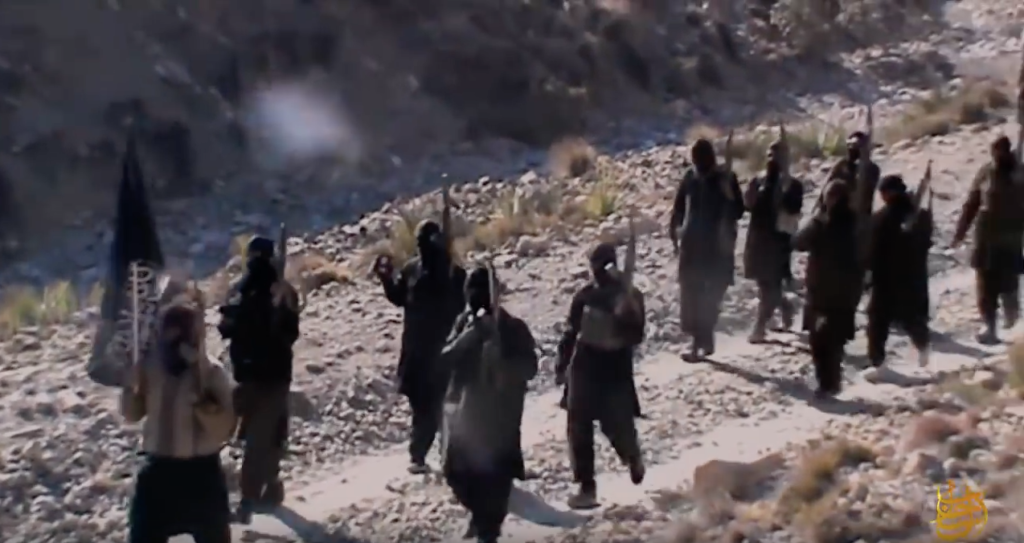
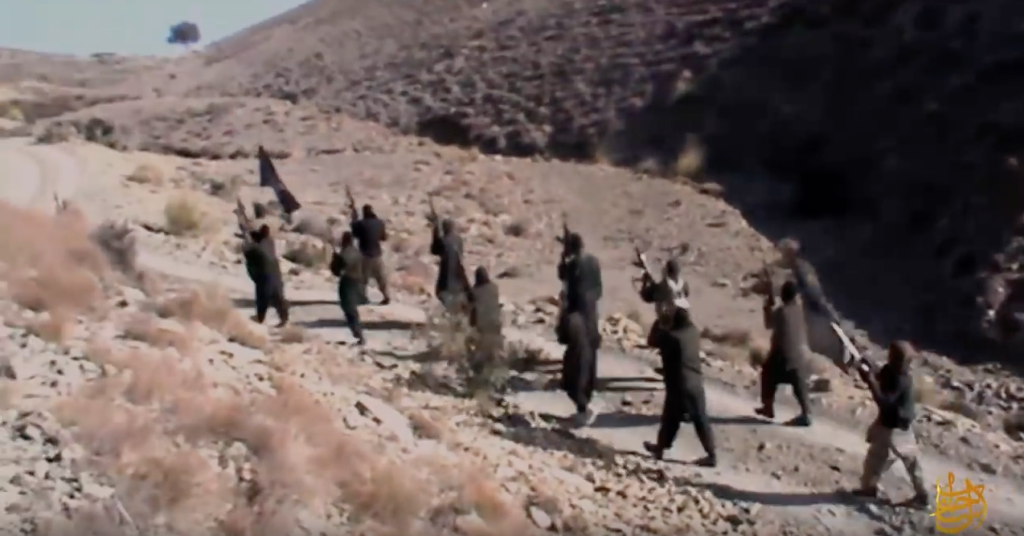
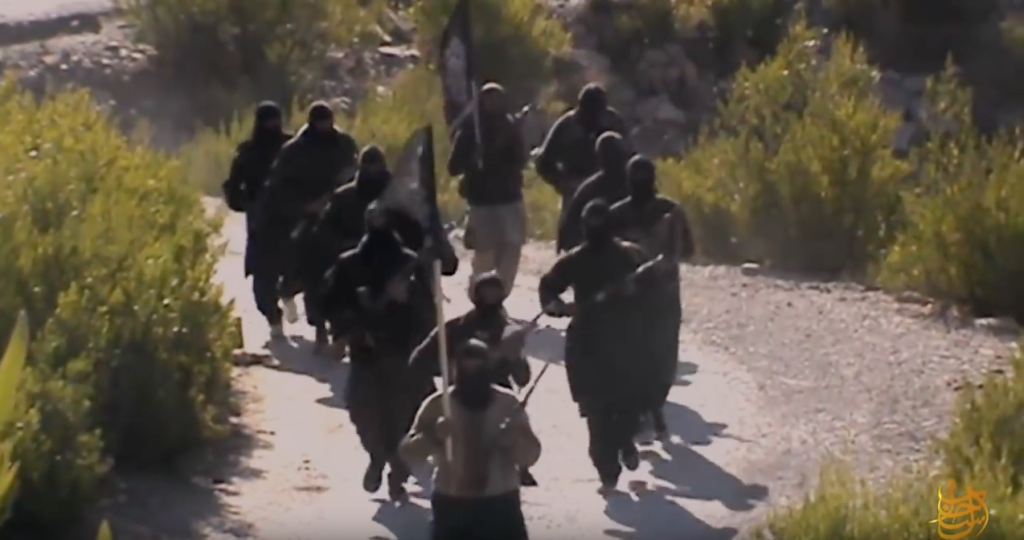
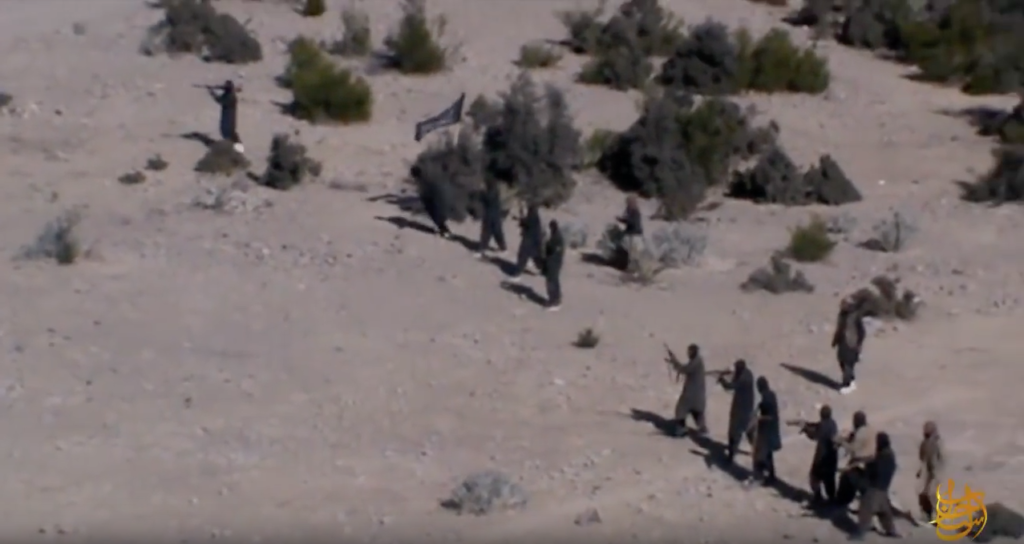
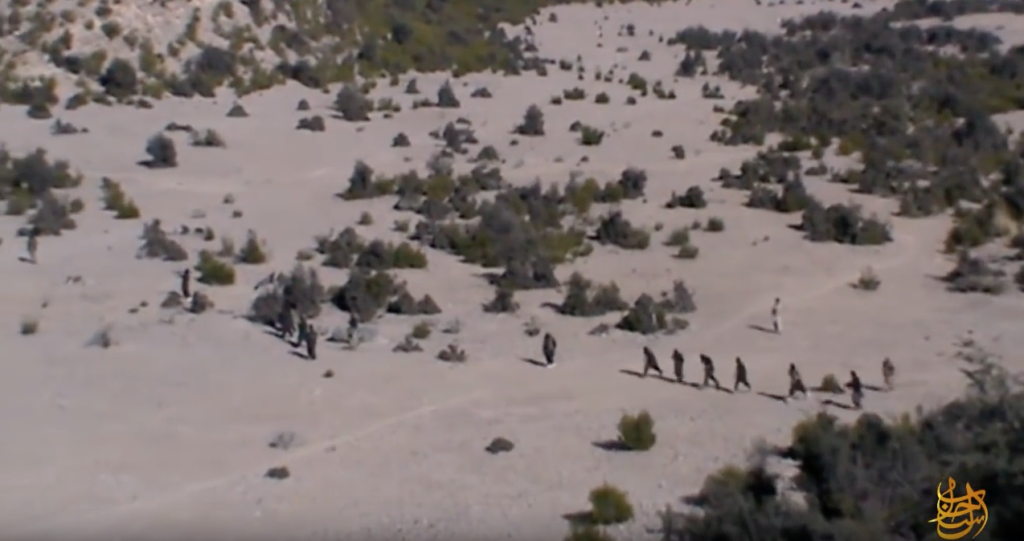
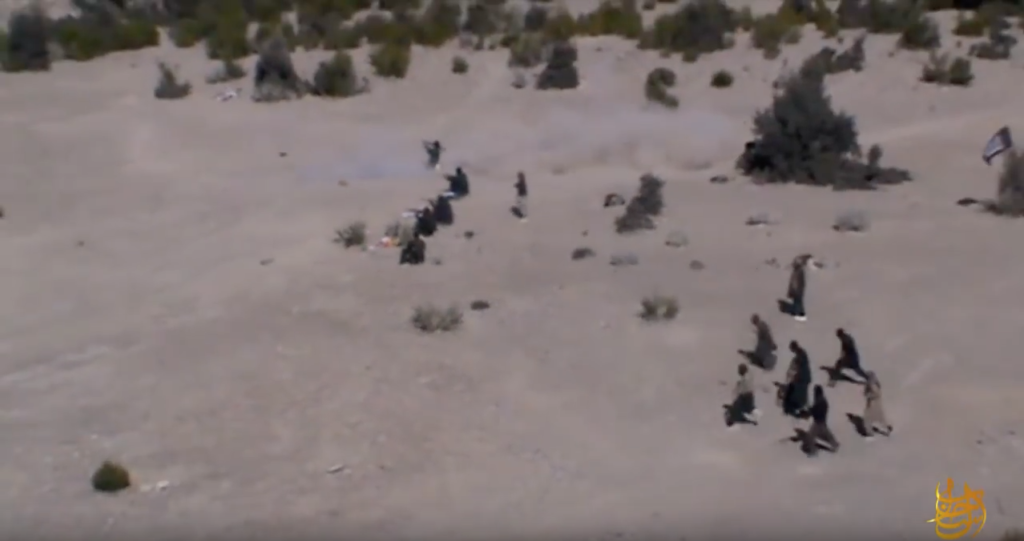
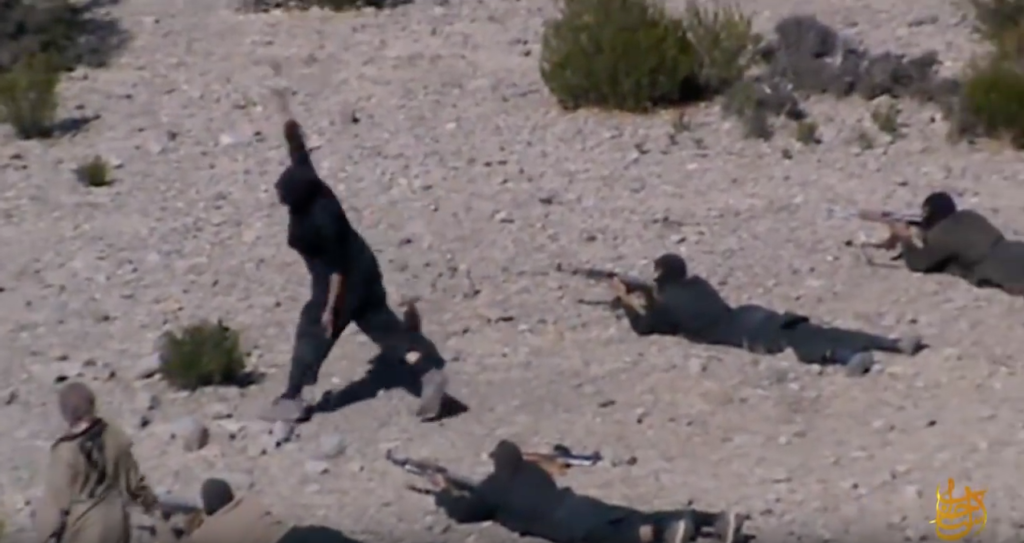
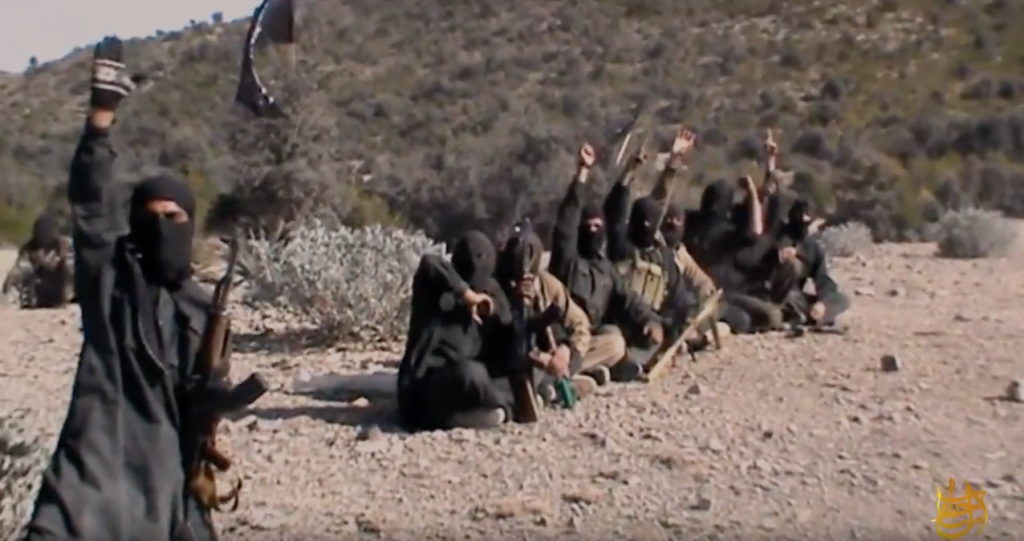
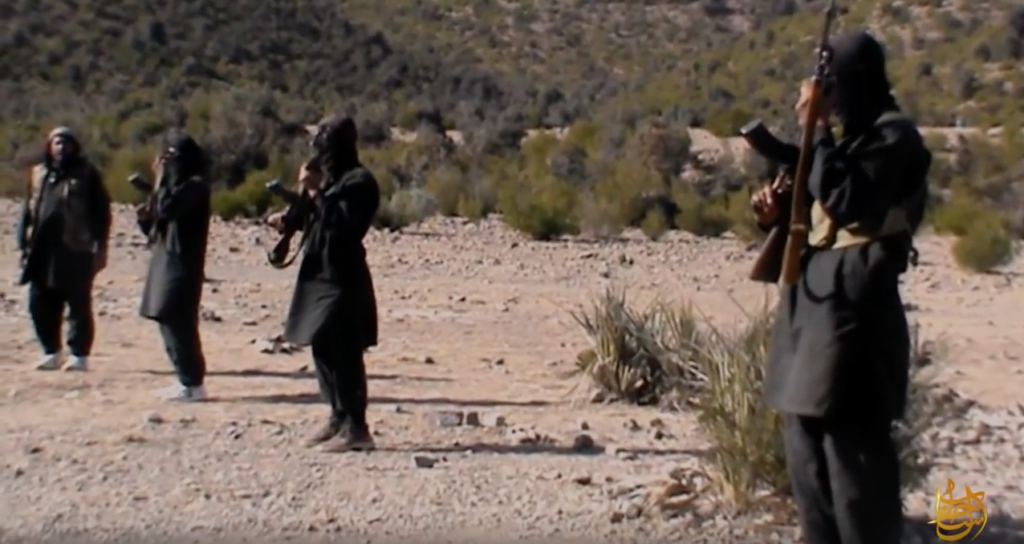
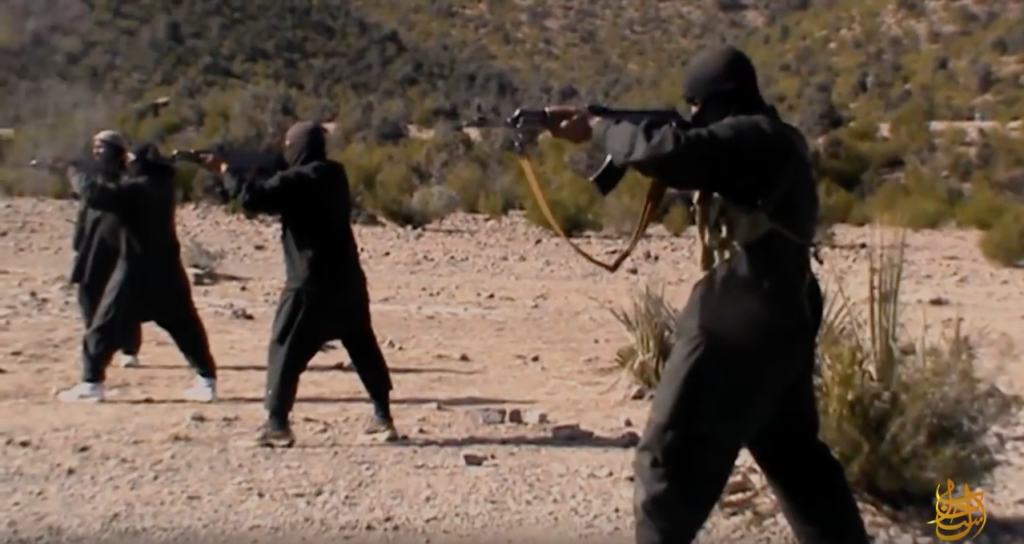
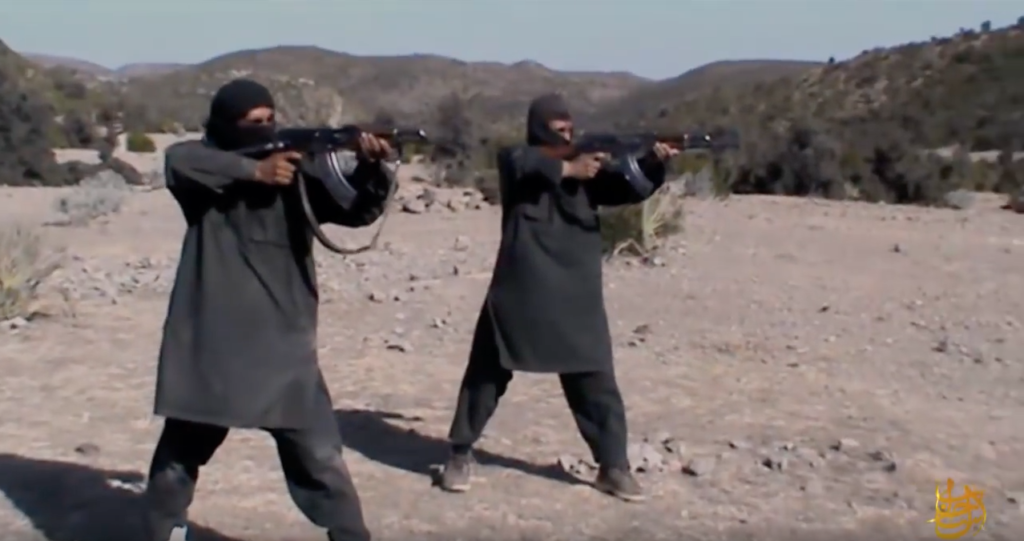
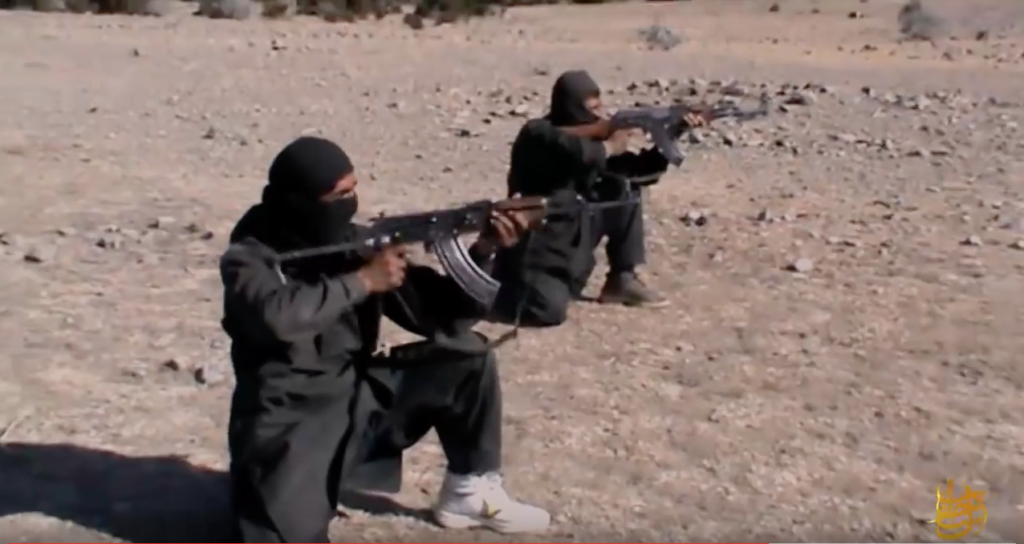
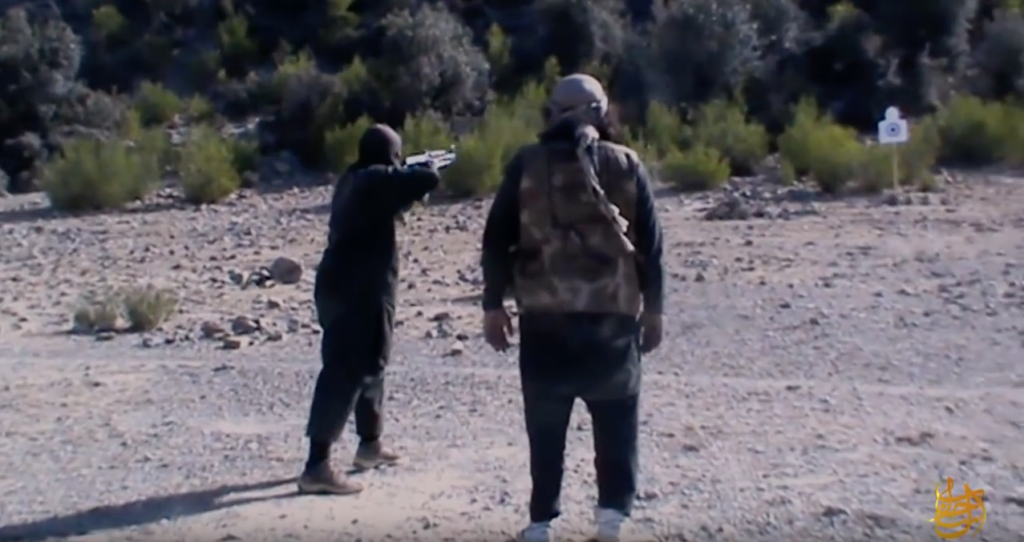
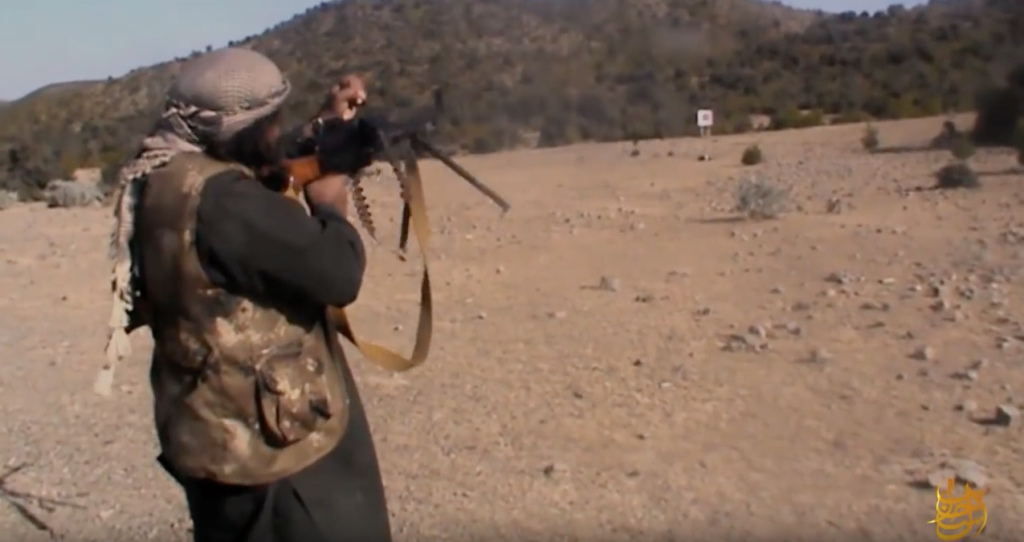
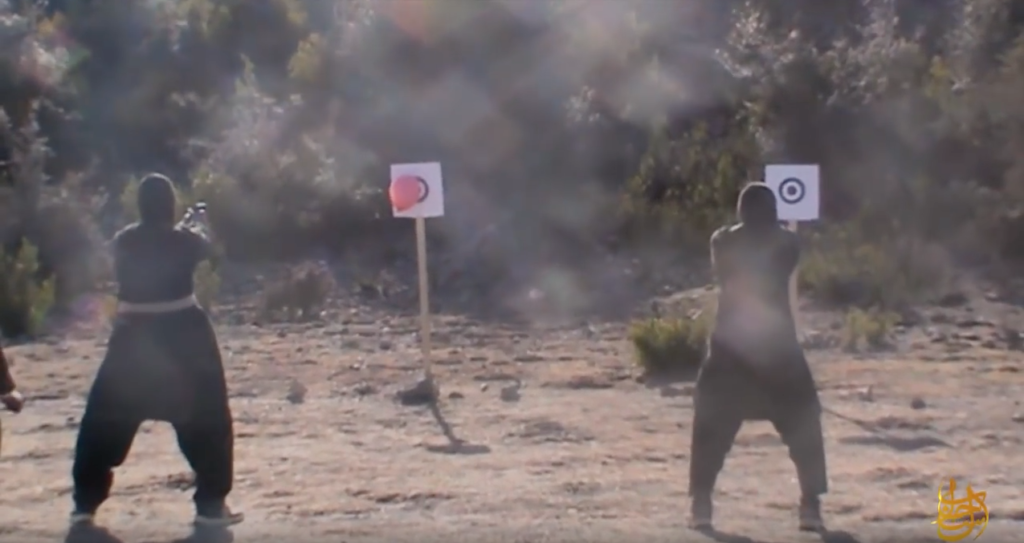







2 Comments
“central shura, or central council.”
shura means ‘consultation’, not council
majlis is council, with majlis ash-shura meaning ‘consultative council’
come on guys
Well, so be it. But we’ll continue to target “significant shura members”.
Come on, Dave.